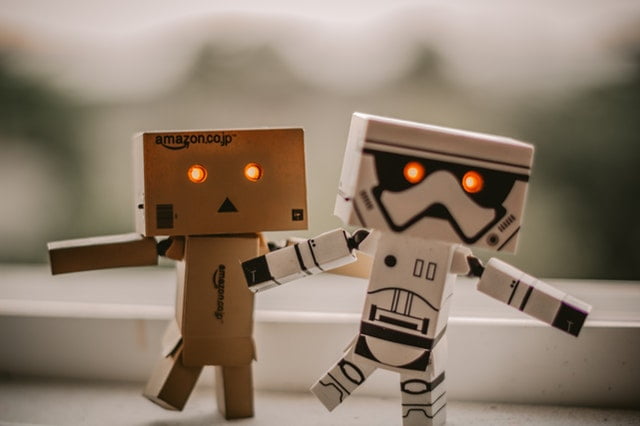Modern society today has found innovative ways to incorporate tech that was, once, only read about or seen in science fiction movies, like artificial intelligence. We’ve seen how technology has changed almost, if not all, aspects of daily life. It has changed the way we communicate, the way we move, the way we shop, and even the way we cook.
Voice-activated #Recipe Builder #Cooking App Transforms an iPhone Into a #Cookbook.
Watch how the iOS app documents each step of your culinary creation, ingredients, and measurements so you never forget them again!
👉https://t.co/4DjdqZXSeihttps://t.co/OWsHw4NAI4
— Myka (@SousChefMyka) July 21, 2022
That’s right, at some point throughout its journey to your plate, the burger you ordered earlier was likely affected by artificial intelligence. Curious to learn how? Read on to learn how AI has revolutionized the food industry.
Smart Crops
The idea of planting and gathering crops is a primal concept. However, the techniques of how we do it today are much more advanced than those of even half a century ago, thanks to AI technology.
Now, we can grow food by creating optimal growing conditions using the data acquired from using AI technology. Optimal growing conditions refer to not only supplying the perfect amount of sunlight and water but also weed control, all of which are controlled by AI-powered machines.
This, in turn, produces better quality food while also reducing waste, which lowers costs for growers. AI technology also helps growers identify plant diseases and pests, allowing them to find solutions for the issue at hand. This also provides cost-saving solutions that both growers and consumers can benefit from.
Robotics
Typically, when someone mentions AI, we think about robots. Robots have certainly changed the food industry in many ways. For food manufacturers, robots have been used to make and deliver consistent and quality products to both clients and consumers alike. Robotics are now aiding in secondary food processing where standardized ingredients are combined in cooking and baking.
In some restaurants, robots are now used to deliver food to customers at their tables. There are even robots who entertain while making drinks at the bar for customers. Incorporating AI technology, such as robots, in your restaurant will increase revenue while leaving your customers fascinated. In addition to manufacturing and entertaining customers, robots also play an important role in food safety in cleaning and procedures.
In this fast-paced world, robots are absolutely necessary to keep up with consumer demands. Thus, AI is a vital piece of technology to have, especially for those who are in the food industry.

Online and Mobile Ordering
Thanks to AI technology, ordering food now has made life convenient and less stressful. Do you remember how frustrating it used to be when we would call up a restaurant to order take-out only to be met with a busy signal? Perhaps you did get through to someone, but it so happens that changes were made to the menu leaving you confused as to what to then order.
For restaurant owners, do you remember when you would lose customers because of similar situations? Perhaps you hired someone who was too busy chit-chatting with their co-workers and forgot about your customers.
Enter online and mobile ordering. No longer will customers be met with busy phone lines or confusion. Plus, it’s simple for restaurant owners.
How does AI come into play? With this system in place, AI can utilize automated decision-making by recommending menu items to frequent visitors based on their previous purchases and consumer behaviors.
By fusing your restaurant’s point-of-sale systems with online ordering capabilities, you can track your most popular menu items and replace or change the less popular ones—a win-win situation for all. Not to mention, using AI tech can also help you lower your operational costs by analyzing other purchase data collected through your point-of-sale systems.
A Final Note
As you can see, AI technology has revolutionized the food industry. Farmers, manufacturers, business owners, and consumers all benefit from using AI technology. Not only for convenience or entertainment, but AI technology is also a practical solution for safety and sustainability as well.

